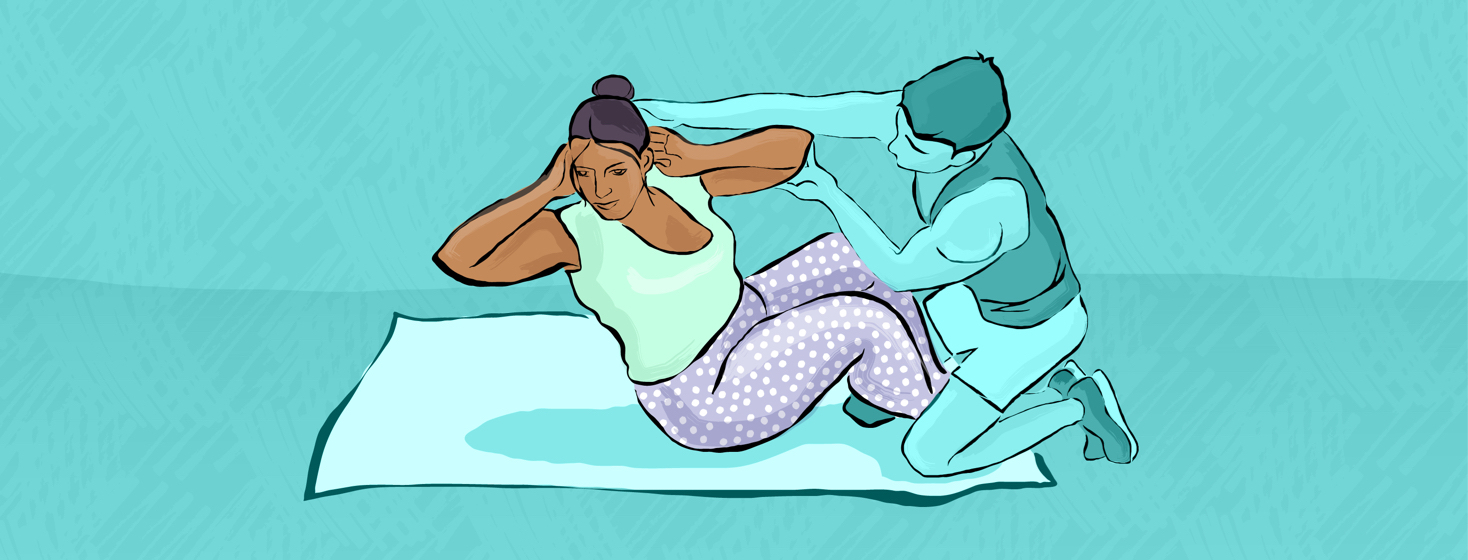How I Learned To Manage My Lupus With Exercise
Before I was diagnosed with lupus, I was never a fan of exercise. In gym class in high school, I was usually the last one out of the locker room and then the first to return. I hated running, sweat, and ugly gym clothes. Despite growing up in a football-loving part of the country, I avoided sports the way most people avoid root canals. The best part of graduating from high school was knowing I’d never again be forced to run laps, wince at the screech of a coach’s whistle, or lace-up clunky sneakers. It was cute ballet flats or shiny heels from here on out!
Exercise before lupus
I gave little thought to exercise in the years between high school and my diagnosis. Exercise trends came and went as I watched from the sidelines. I noted the aggressively cheerful activewear I saw women wearing in the grocery store, wondering if they had actually just come from a workout or just wanted to look like they had. The yoga craze spread through my friends and acquaintances like a virus. CrossFit, garages full of old tires and with the ambiance of a serial killer’s lair, popped up in my city. No thanks, I thought to myself.
Life after a lupus diagnosis
Then I was diagnosed with lupus. Fatigue moved into my life like a visiting relative overstaying his welcome. I slept 12 hours a day and woke up feeling as if I’d only slept 4. Muscle weakness made walking upstairs and lifting groceries a challenge. I started pouring water into my coffee maker at night because my arms were too weak to lift a cup full of water when I woke up in the morning.
When I told my first rheumatologist about my muscle weakness, she seemed uninterested.
"Try lifting weights," she shrugged, then stared at my lab results instead of looking me in the eye.
Her advice sounded ridiculous. I’m supposed to expend energy to gain energy? That sounds like a scam. At the time, I could barely make it through the day. She might as well have asked me to do a backflip.
I moved across the country the next year and found a better, more compassionate rheumatologist. Even though my disease was better controlled, I still struggled with fatigue. Still, I didn’t consider exercise until I started to gain weight because of my medication.
How a personal trainer helped
A Google search yielded everything from generic gyms, 80-style aerobics classes, and even a Gladiator Camp that made me wonder if it was really necessary to model getting in shape after an epic fight to the death. I knew I needed a more specialized approach. Then I discovered a personal trainer who worked with clients with health issues.
At my first appointment with the trainer, we didn’t work out. She listened and took notes as I talked about my health issues. Then she explained how training would work and talked about nutrition guidelines. When I returned the next week, she started me on light weight-lifting exercises, always changing the exercise when she noticed signs of fatigue. I went home expecting to feel exhausted but was surprised to feel less tired. Perhaps exercise wasn’t a scam after all. I was hooked.
I went to the trainer for 2 years. I lost weight, grew stronger, and managed to keep the fatigue at bay. After a severe flare kept me bedridden for a year, I went back to training as soon as I was able to walk up the steps to the gym.
Using exercise to manage lupus
Now that my trainer has retired, I’ve kept exercise a part of my weekly routine to manage my lupus. I attend Pilates weekly, an activity I chose because it’s gentle on my joints (and also because I get to wear ballet-flat-style socks instead of ugly tennis shoes). In between Pilates classes, I also continue with the lightweight-lifting my trainer taught me.
I’ll probably never embrace the activewear trend, and I still can’t picture myself running unless I’m being chased (probably by some serial killer hiding out in a CrossFit garage). But I’ve come to appreciate that exercise is an important part of managing my disease, just like resting, taking my medication, and going to the doctor. I might never be a sports fan, but I’m a fan of anything that keeps me healthy.

Join the conversation